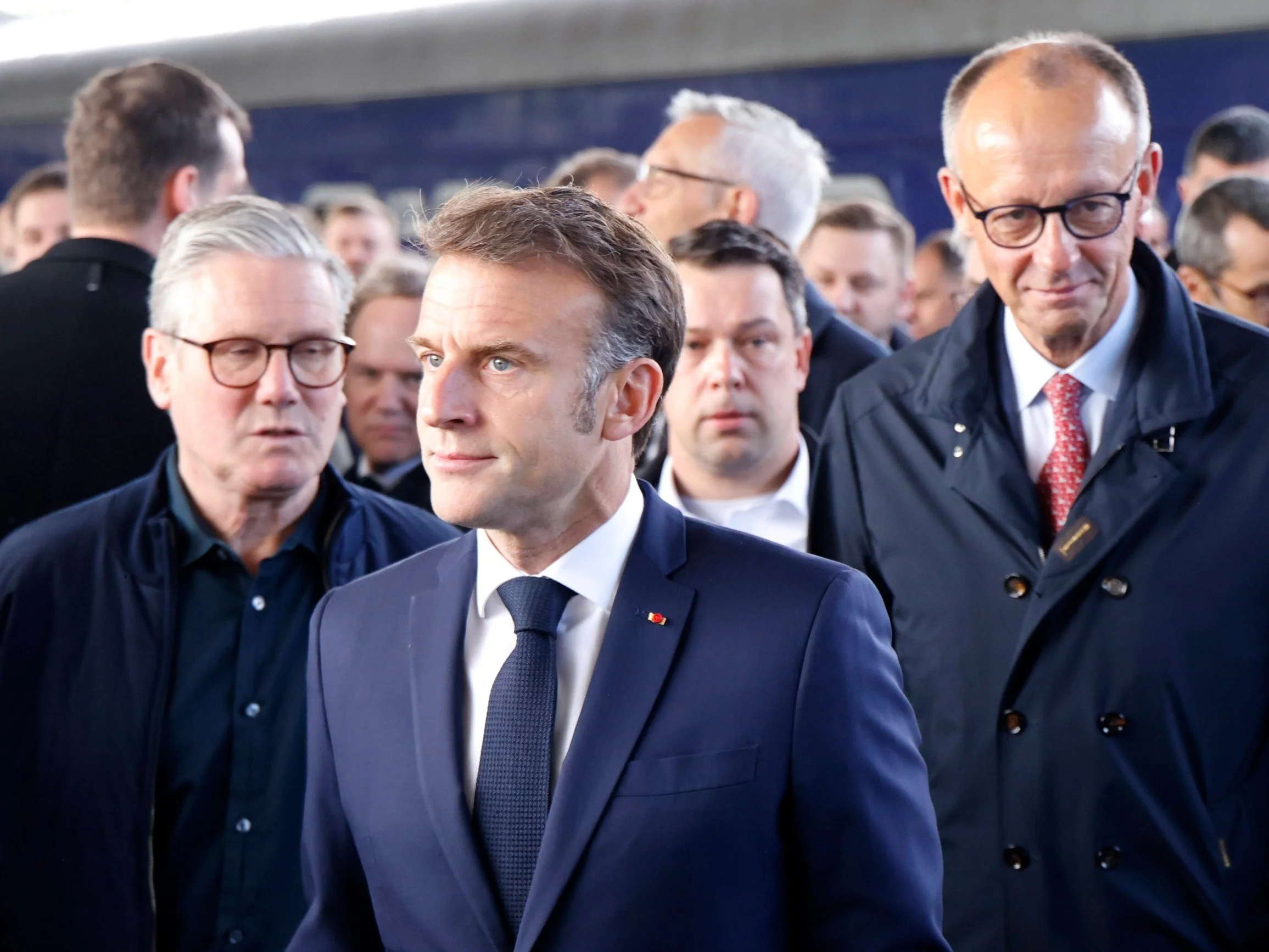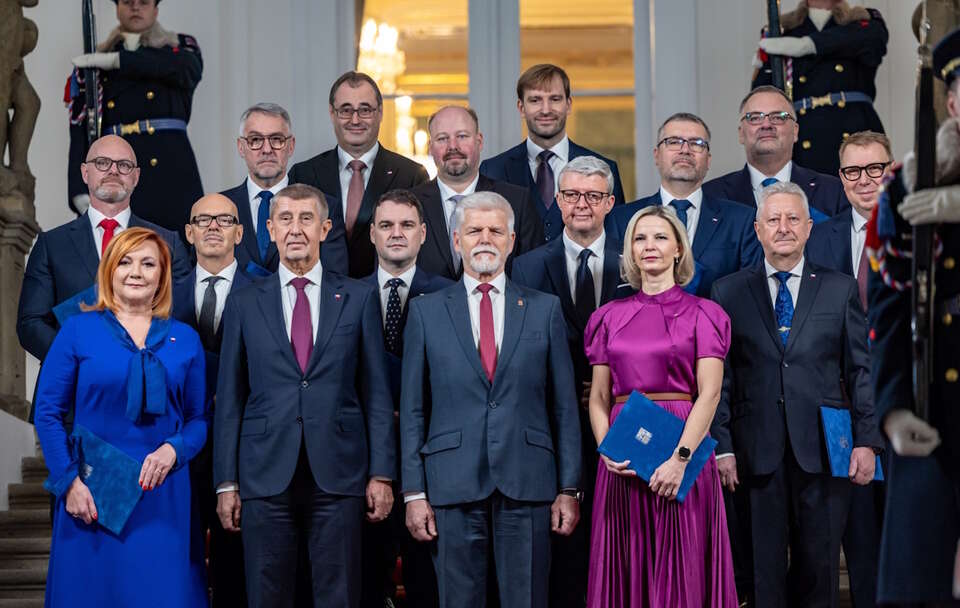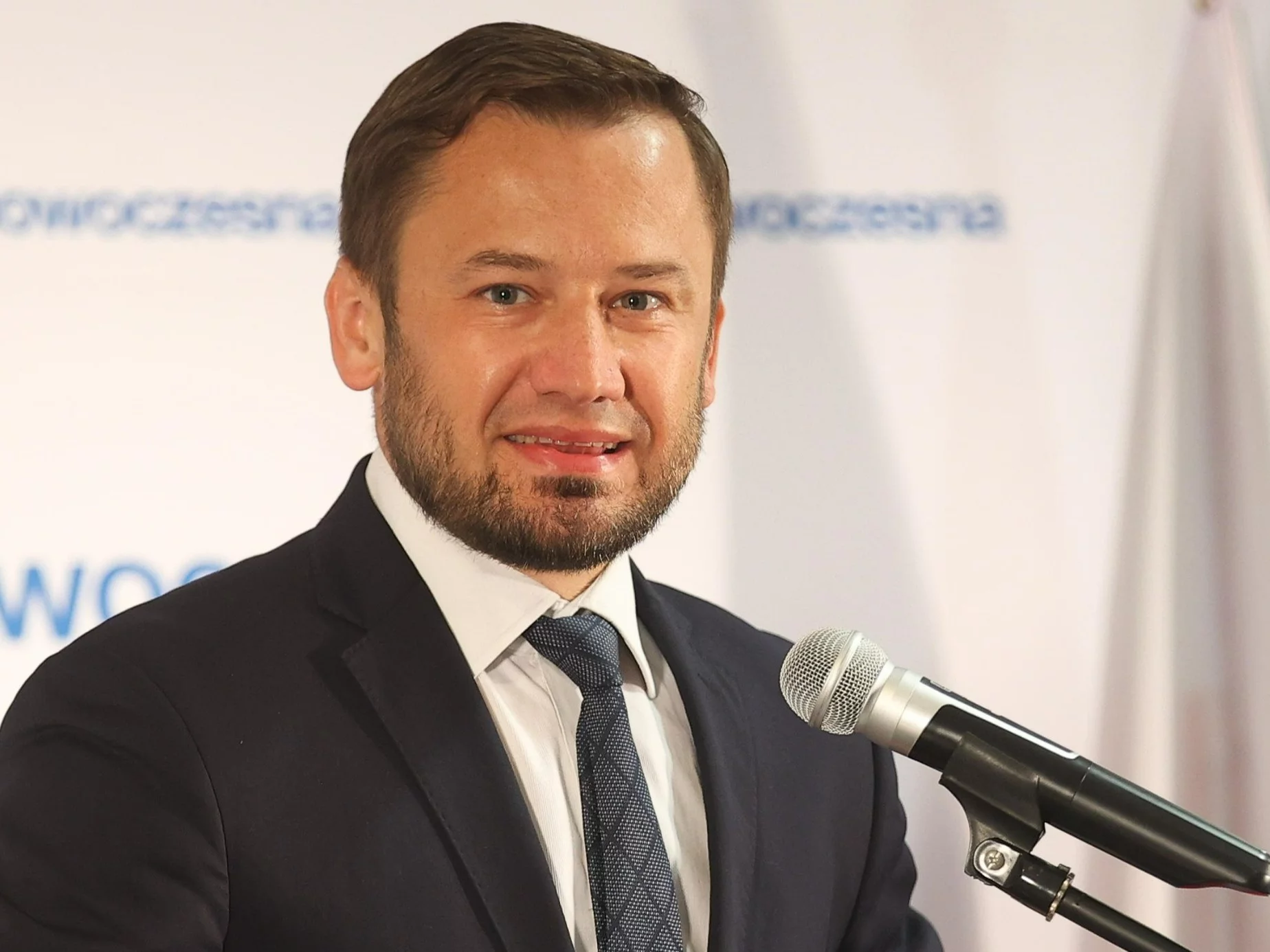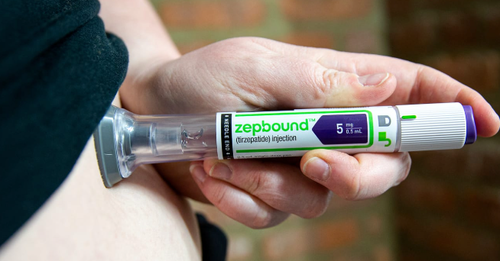
Did The 'Fatty Bubble’ Pop? Eli Lilly Discounts Low-Dose Zepbound Vials By 50%
This morning, the spotlight has shined brightly on the GLP-1 complex after Eli Lilly & Co. announced that its new weight-loss drug, Zepbound, in single-low-dose vials, will be priced at a 50% or greater discount compared to the retail prices of other GLP-1s for obesity. Companies exposed to GLP-1s are lower on the news in premarket trading in New York, with Wall Street analysts speculating whether this steep discount signals that the 'fatty bubble’ has burst…
Eli Lilly & Co. is now selling vials of its blockbuster weight-loss drug Zepbound to patients for as little as $399 a month: BBG
the fatty bubble popped
— zerohedge (@zerohedge) August 27, 2024
„This new option helps millions of adults with obesity access the medicine they need, including those not eligible for the Zepbound savings card program, those without employer coverage, and those who need to self-pay outside of insurance,” Lilly wrote in a press release.
The new price for a 2.5 mg Zepbound single-dose vial is $399 ($99.75 per vial) for a four-week supply, and a 5 mg dose is $549 ($137.25 per vial). This is a 50% discount versus the average price of Zepbound injection pens, currently priced around $1,000 for a monthly supply.
Simple math shows the medication costs patients not covered by insurance upwards of $13,000 per year, clearly unaffordable for the vast number of overweight Americans who are struggling with a multi-year inflation storm and high interest rates sparked by disastrous policies pushed by the Biden-Harris team.
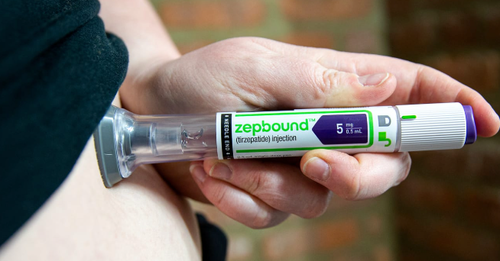
The discounts are only available on Lilly’s direct-to-consumer platform, LillyDirect, to patients who pay out of pocket for the drugs.
Lilly said the cheaper Zepbound vials will provide patients with a more affordable option, particularly people without insurance. This direct-to-consumer approach through LillyDirect may be enough to stimulate demand.
Meanwhile, Democrats have pressured Lilly and Novo Nordisk, the makers of Ozempic and Wegovy, to lower the costs of GLP-1s.
In June, Sen. Bernie Sanders, I-Vt. and said monthly $1,000 payments for Novo Nordisk’s GLP-1 drug were „absurd” and that he was spearheading a public campaign to lower costs.
Maybe Sanders should spearhead a campaign like Robert F. Kennedy Jr. to make America healthy by fixing the corrupt federal health and food agencies overseeing the nation’s food supply chain, which is plagued with junk food and seed oils.
In markets, Lilly shares were flat in premarket trading in New York, and Novo Nordisk shares were down about 2%.
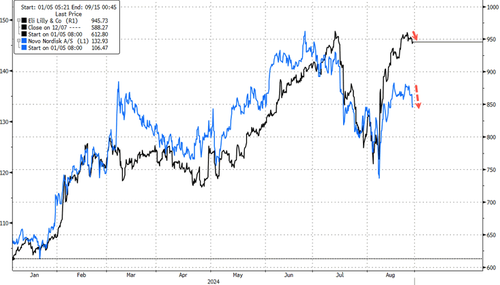
Shares of Hims & Hers Health in premarket were down 5%. The company offers a range of direct-to-consumer knockoff GLP-1 weight-loss drugs.
$LLY is now selling vials of its blockbuster weight-loss drug Zepbound to patients for half the price to boost access and supply.
This is not good for the companies that try to sell compounded knockoffs — $HIMS down 8% pre-market on the news. pic.twitter.com/KK6xyo4sCN
— Shay Boloor (@StockSavvyShay) August 27, 2024
One X user noted.
$LLY The way this Bloomberg article is written would suggest that apparently demand is so high for weight loss pills that Eli Lilly is now forced to sell Zepbound at -50% discount. https://t.co/l54nZTSRKb pic.twitter.com/d4kMi3aQ1H
— JaguarAnalytics (@JaguarAnalytics) August 27, 2024
Here’s the state of the GLP-1 bubble via two Goldman indexes of companies exposed to and at risk of weight loss drugs.
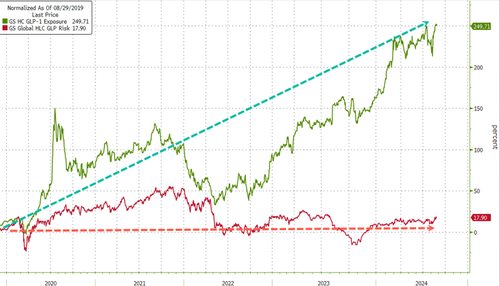
Zepbound is also available in 7.5 mg, 10 mg, 12.5 mg, or 15 mg. Like any other drug dealer, hook the client on cheap doses first.
Tyler Durden
Tue, 08/27/2024 – 10:40

 1 rok temu
1 rok temu

